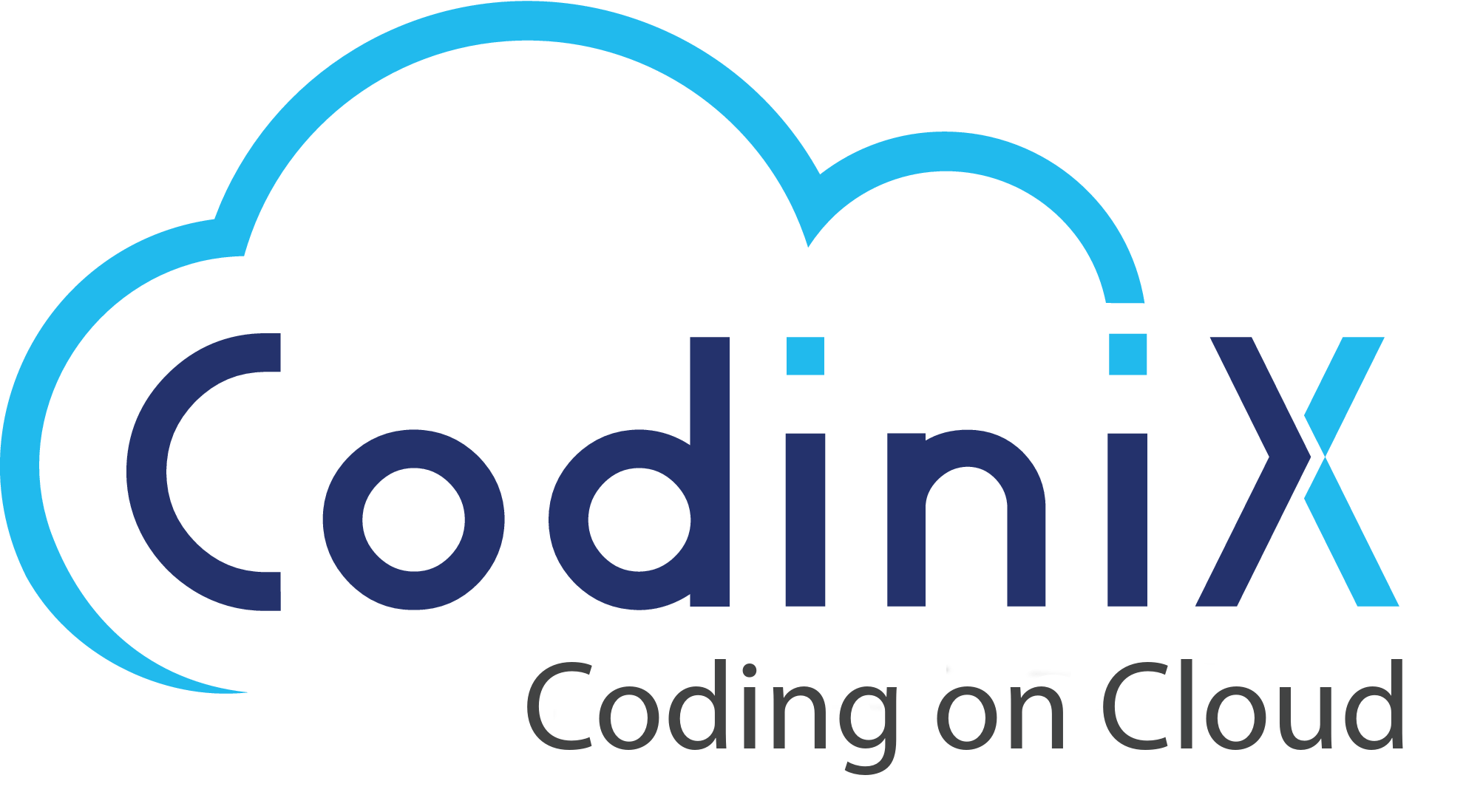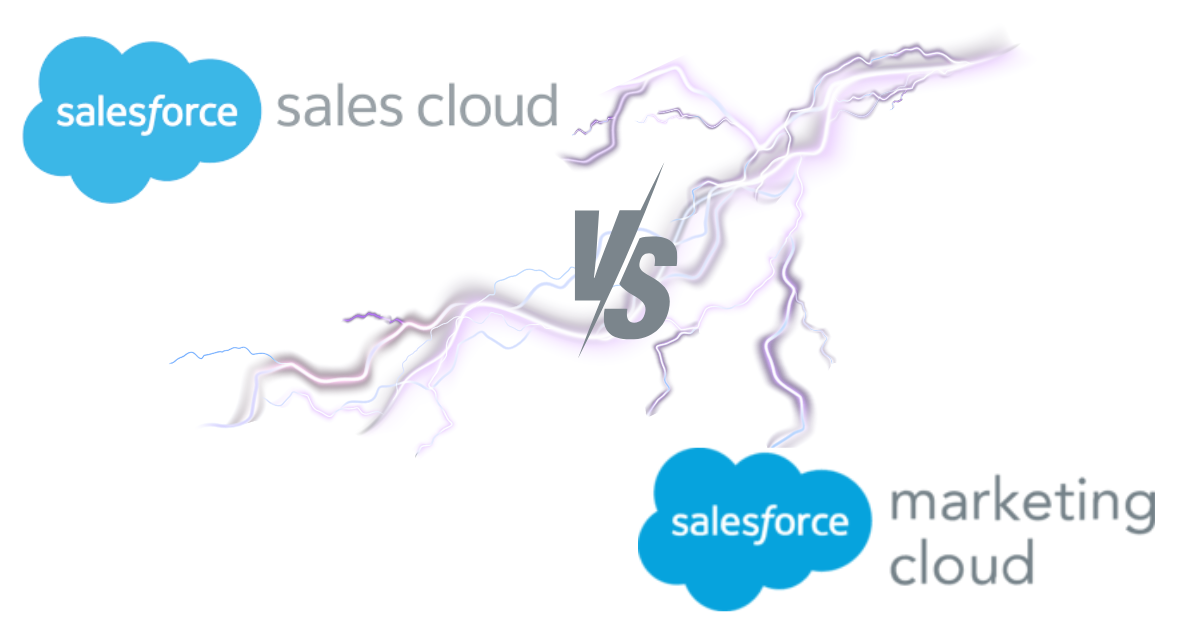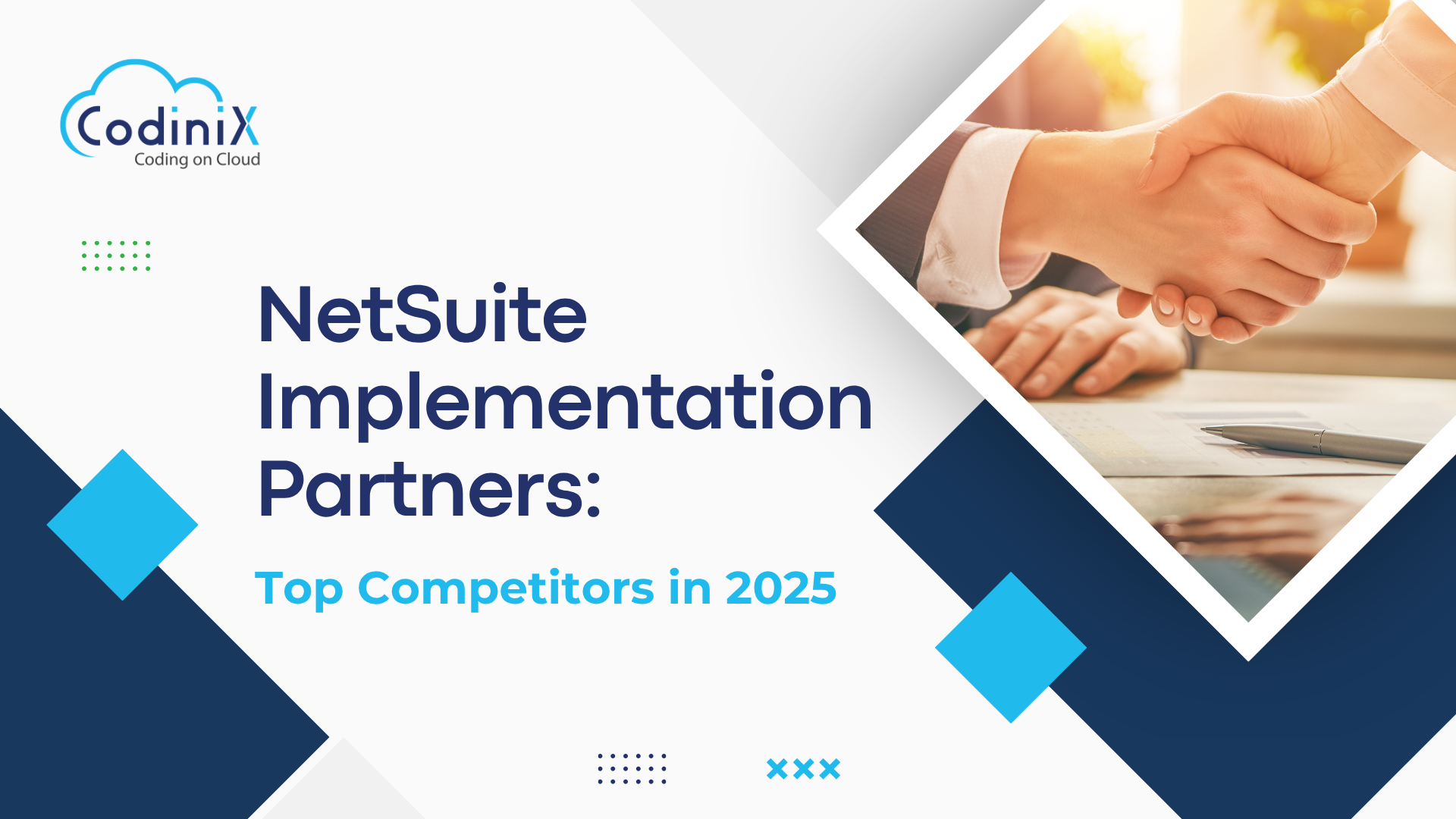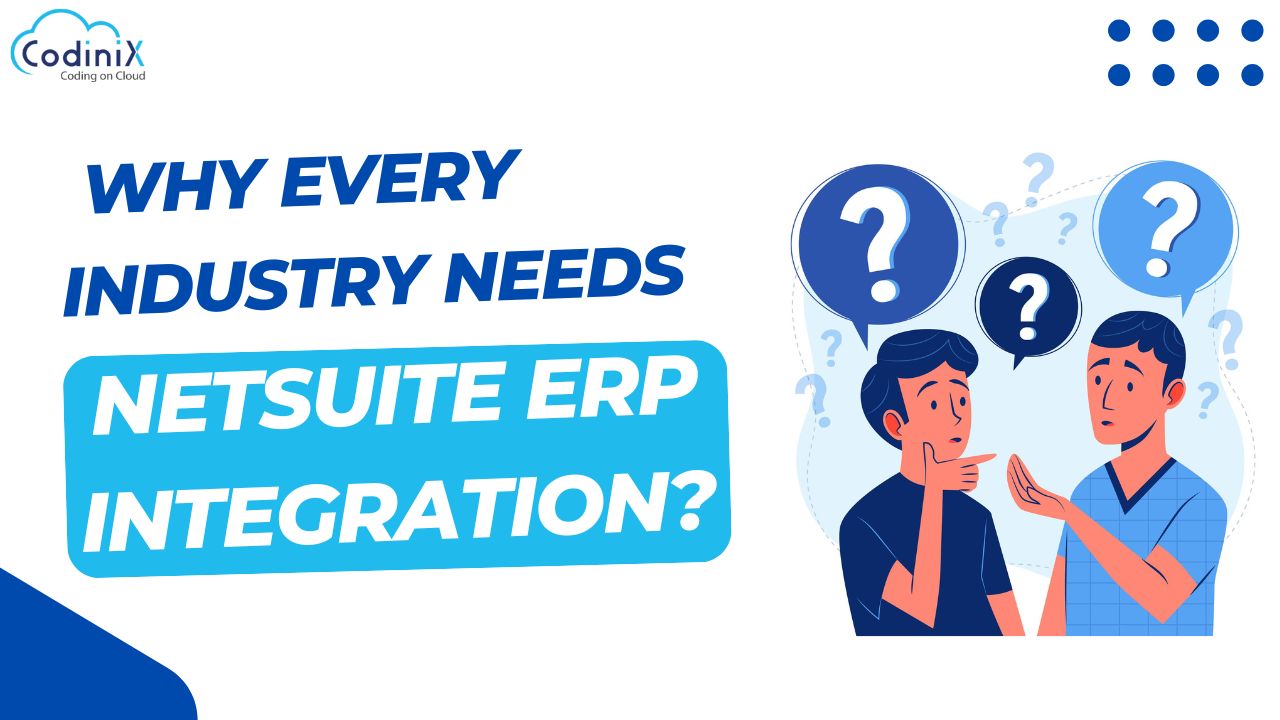Salesforce Sales Cloud and Salesforce Marketing Cloud are both part of the Salesforce ecosystem. But the term “salesforce” between the two often runs people into confusion. Scratching your head while talking to salesforce sales cloud consultants if you also can’t differentiate one from another, then this quick article is here for your rescue.
However, because of shared branding, both clouds serve the same purpose. Yet they have distinct functionalities that are discussed below:
Salesforce Sales Cloud:
Starting with the Salesforce sales cloud. The cloud-powered software is designed to streamline sales processes in business. Its capabilities incorporate some smart tools and functions as well, which make it strong enough to manage customer relationships. However, the primary goal of Sales Cloud is to close deals and generate revenue.
Breaking Down the List of Functions in Salesforce Sales Cloud:
- Lead Management: As mentioned, Salesforce Sales Cloud helps track leads. Leveraging its high-tech capabilities, it converts them into opportunities. Additionally, users can effectively manage their sales pipeline.
- Account and Contact Management: Moreover, Sales Cloud even allows you to manage customer accounts. For instance, you can manage contacts and other related activities.
- Opportunity Management: The software can track deals, which empowers loyalty programs too. Also, you can forecast revenue. Enhanced collaboration with team members ensures the business runs smoothly during festive seasons.
- Sales Automation: Automation, further empowers workflows in business by putting the majority of approval and disapproval tasks on automation.
- Integration with Other Tools: Sales Cloud integrates with other tools like email, calendars, and collaboration platforms.
Salesforce Marketing Cloud:
Then comes the Salesforce Marketing Cloud. The cloud-based software also belongs to Salesforce, but unlike the sales cloud, it focuses on making marketing campaigns better. Much like that, it can aid in nurturing and personalizing customer engagement. Therefore, the primary goal of the Marketing Cloud platform is to engage leads, nurture them, and guide them toward your product or service.
Breaking Down the List of Functionalities of Salesforce Marketing Cloud:
- Email Marketing Automation: The primary function of the software is email marketing automation. It can create and send targeted emails based on customer behaviour and preferences.
- Customer Journeys: As a marketer, you often want to map out customer journeys. You want to predict changes and trigger personalized interactions with customers—something that can be readily done by Salesforce Marketing Cloud.
- Social Media Monitoring: Moreover, the marketing-specific software lets users collect data from social media interactions. If you want to understand market perception, you’ll be in love with this feature.
- Mobile Marketing: Also, with this cloud-based software, users can send tailored mobile messages and analyze customer data on the go.
- Personalization: The software can customize experiences based on individual preferences. However, we recommend talking to Salesforce marketing cloud consultants.
Final Words
While Sales Cloud and Marketing Cloud serve distinct purposes, their similarities, overlapping features, and the broader Salesforce ecosystem contribute to customer confusion. Organizations need to educate their teams about the differences and choose the right cloud based on their specific business goals.?







